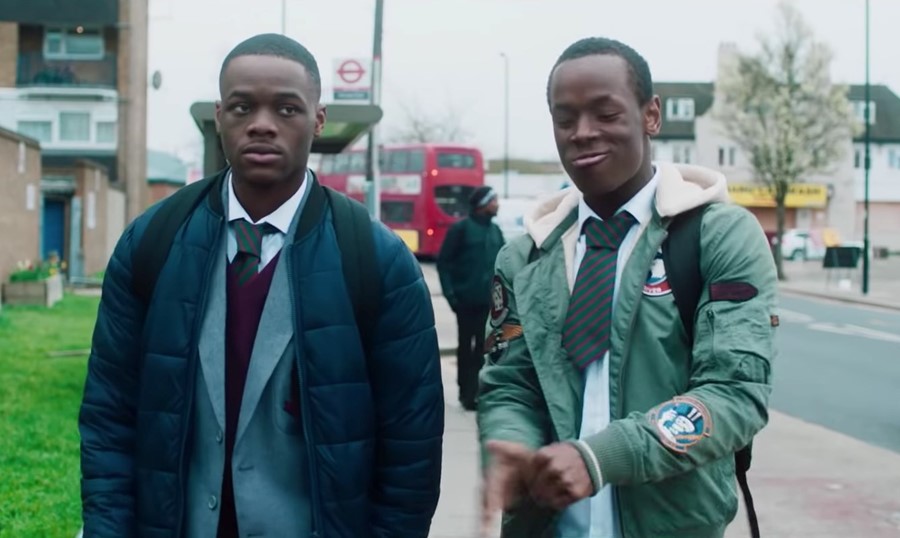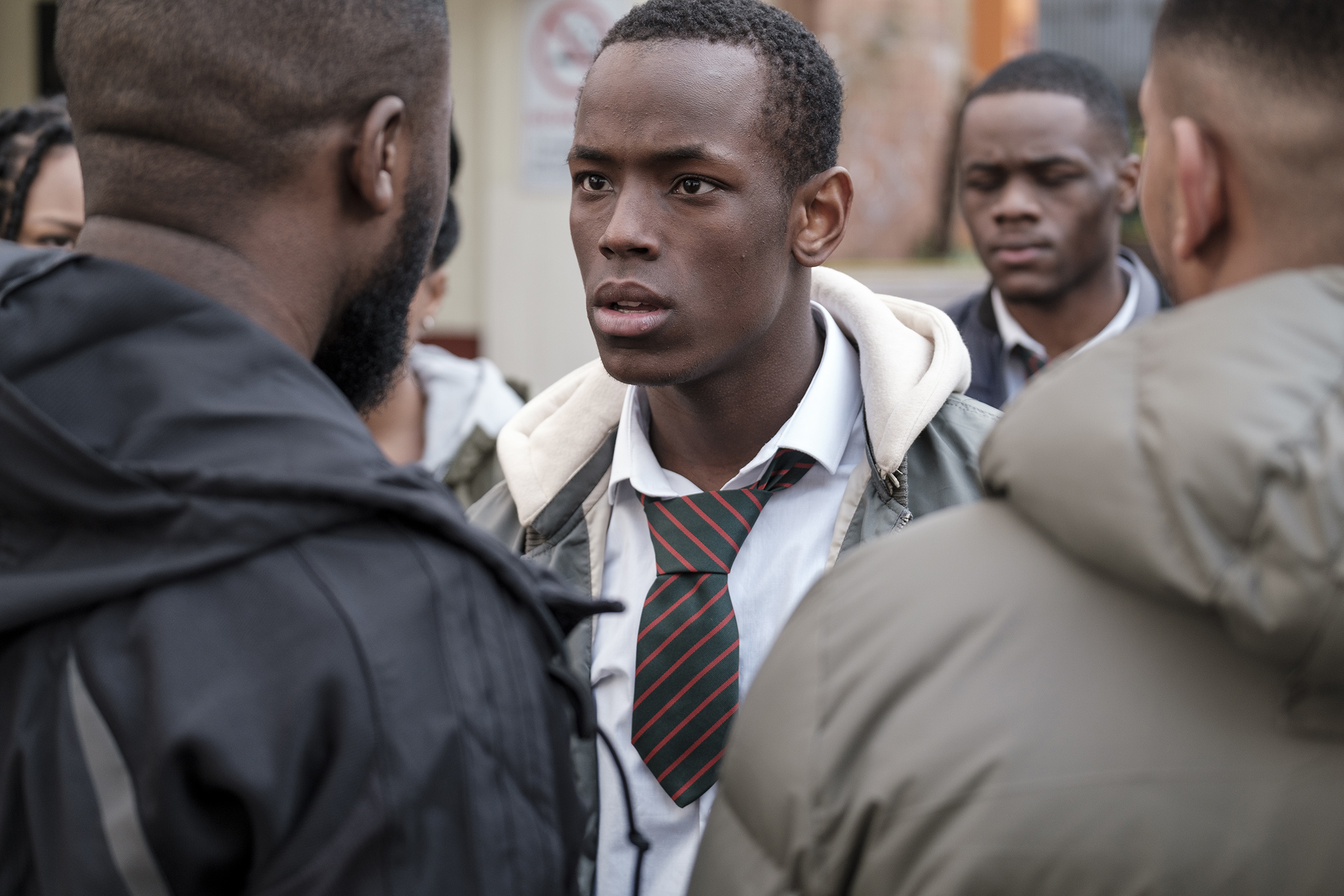Theaters are closed, movies delayed, and access to press screenings are limited to streaming. There’s no better time to highlight smaller films — amazing movies without the big-studio marketing budget that makes it harder for you to find. Discover a new film festival darling and support new, emerging, and independent filmmakers. Sheltering in place doesn’t need to stop you from your weekend evening escape to the movies. Follow the flurry of upcoming reviews on Twitter, or find all my reviews for movies you can stream from right at home.
In its UK debut, Paramount’s Blue Story was born into the type of commotion US moviegoers recall in the wake of Aurora, Colorado and the premiere of The Dark Knight Rises in 2012. While thankfully not a mass shooting — that, unfortunately, is uniquely American in its frequency — the Rapman written-and-directed film about rival London gangs saw over 20 incidences of violence on its release day including those with knives and machetes. The result was its banning in many London theaters. On the other side of the pond, US audiences who were largely unaware of the film have access to its digital release, now available, to see the London-based drama about two unlikely friends, Timmy and Marco, from opposite ends of warring gangs in southeast London.
Timmy (Stephen Odubola) and Marco (Michael Ward) meet as children and form an instant bond; their childhood shenanigans ranging from covering each others schoolwork to backing each other in fistfights. As they get older, their attention pivots to girls and relationships, with Timmy beginning a more serious relationship than Marco’s hookups. Timmy is the kinder, goodhearted teen juxtaposed against Marco’s rough edges, Marco living closer to violence courtesy of his brother who not only leads a gang but expects Marco to follow closely in his footsteps. It’s an endearing bromance between Marco and Timmy, and a lighthearted one in the film’s first act, a sort of bromance Romeo and Juliet: two star-crossed friends from opposite sides of a war hope to overcome their respective environments to stay true to each other.
Like Romeo and Juliet, Blue Story begins to breed tragedy as both sides vie for loyalty. As Marco is being groomed for street life by his brother, Timmy is falling in love with his girlfriend Leah (Karla-Simone Spence), and so their bonds begin to splinter, and eventually, break. That breaking point is the audience’s launch into the emotional conflict of Blue Story, having seen the origins of Timmy and Marco’s friendship and being invested in its survival. Where initially the question is who’s more to blame more for their rift — in other words, whose side are you on in their escalating war — it evolves into a can’t-we-all-get-along sensibility that comes from the rising stakes of their feud. By the third act, after their war meets its boiling point, you wish only for a hopeful ending and suppress the feeling that such hope is naive.
Rapman — born Andrew Onwubolu — bases Blue Story on his own experience from Deptford, London, and continues the rap narration that originally made him popular in the UK with his YouTube musical drama series Shiro’s Story. With over 20 million views and a deal with Jay-Z’s Roc Nation, it’s hard to reject the popularity of his narration, though I find such exposition too on-the-nose. Rap aside, the tone of Blue Story reminds me of another recent film, Charm City Kings, another coming-of-age story about similarly-aged boys growing into expectations of manhood and violence. I recommend both for their interpretations of the directions these lives can take, one film more optimistic than the other, though I’ll leave you to find which is which. Similar to Charm City Kings though, Blue Story does well in gradually aging the audience with its boys from silly childhood antics and playground fights to adult expectations and life-or-death choices. We’re frogs in a pot of cool water, its temperature rising.
Absent from Blue Story‘s London is mention of drugs or money, as both gangs seem solely motivated by retribution against the other. It makes for a narrow view of organized street violence, an almost distracting absence. My biggest gripe though falls to its other blind spot, that of the sparse use of women often common in these stories, hold for a crying single mother or victim girlfriend. It’s hardly a spoiler to say that Leah is used more as a plot device than an actual character with motivations, a trope I’ll continue to point out as long as it stubbornly persists.
Still, if the theme of Blue Story is the perpetuating and destructive cycle of revenge, it does well in convincing the power of its poison. For that, and strong performances by Odubola and Ward, Blue Story‘s is an old, familiar; one retold to strong effect.
Blue Story is now available for streaming on demand.
Find all of Jordan Calhoun’s Rotten Tomatoes-approved movie reviews at Jordan Calhoun at the Movies.
Want to get Black Nerd Problems updates sent directly to you? Sign up here!
Follow us on Twitter, Facebook and Instagram!




Show Comments